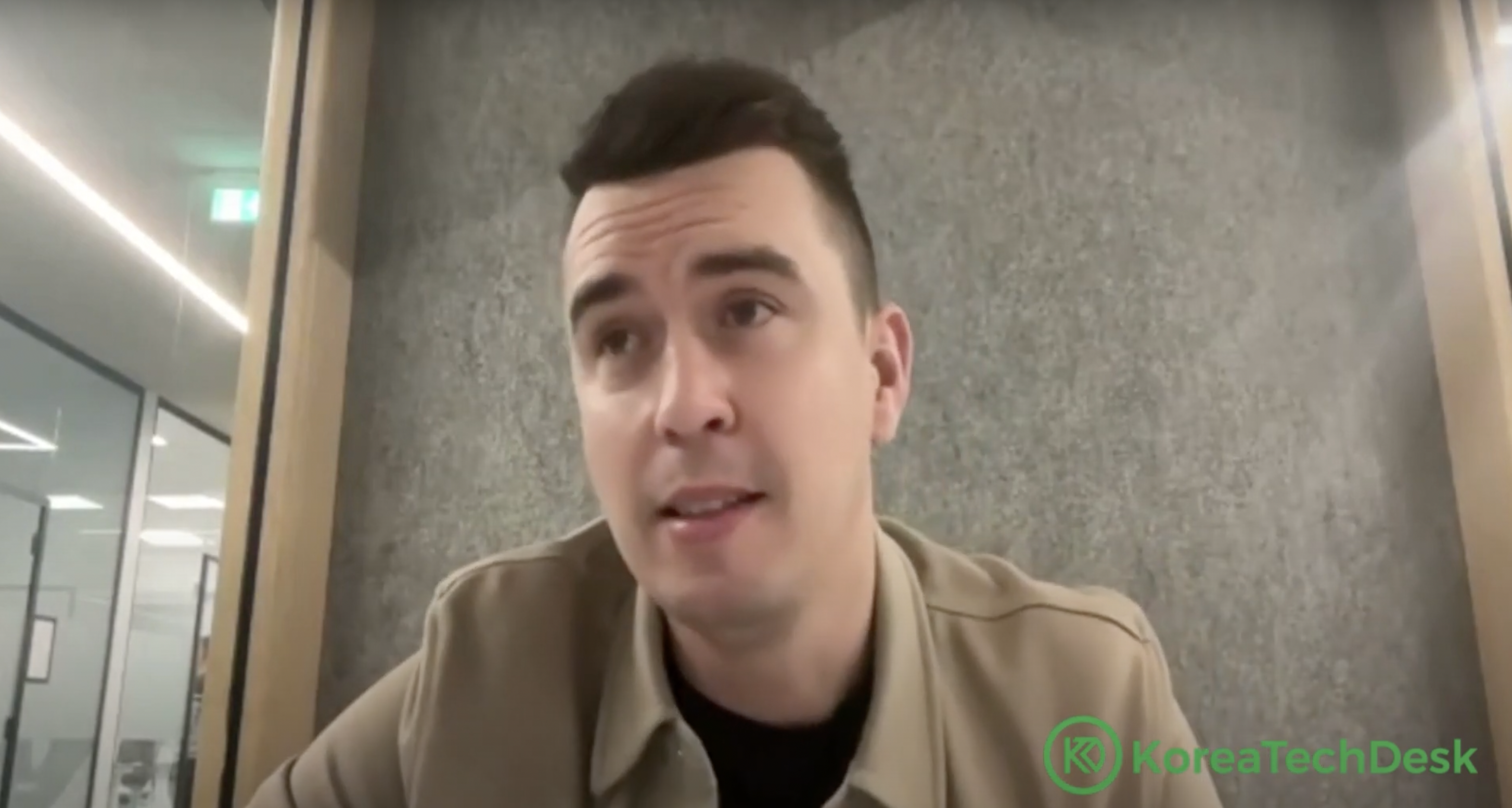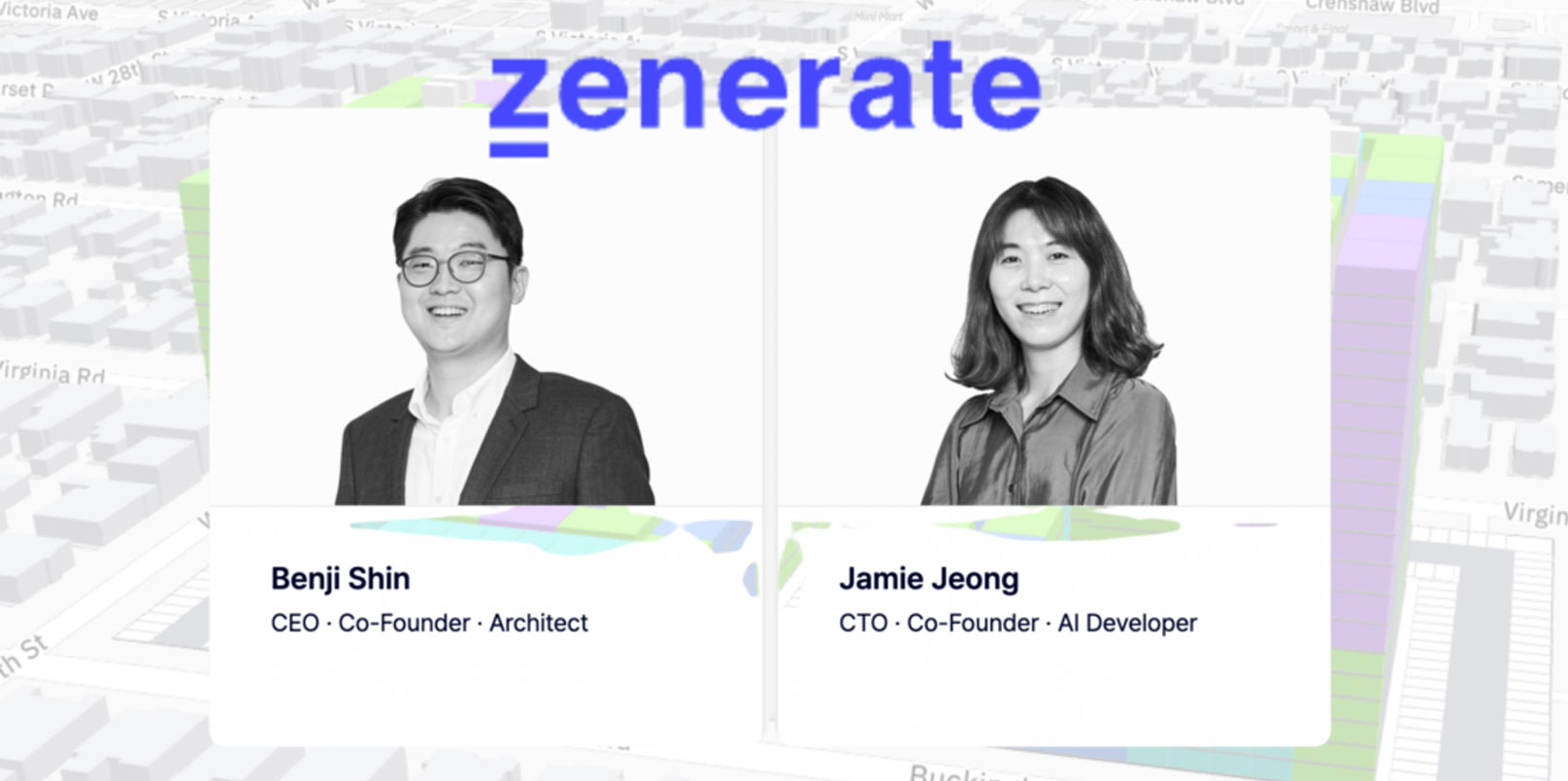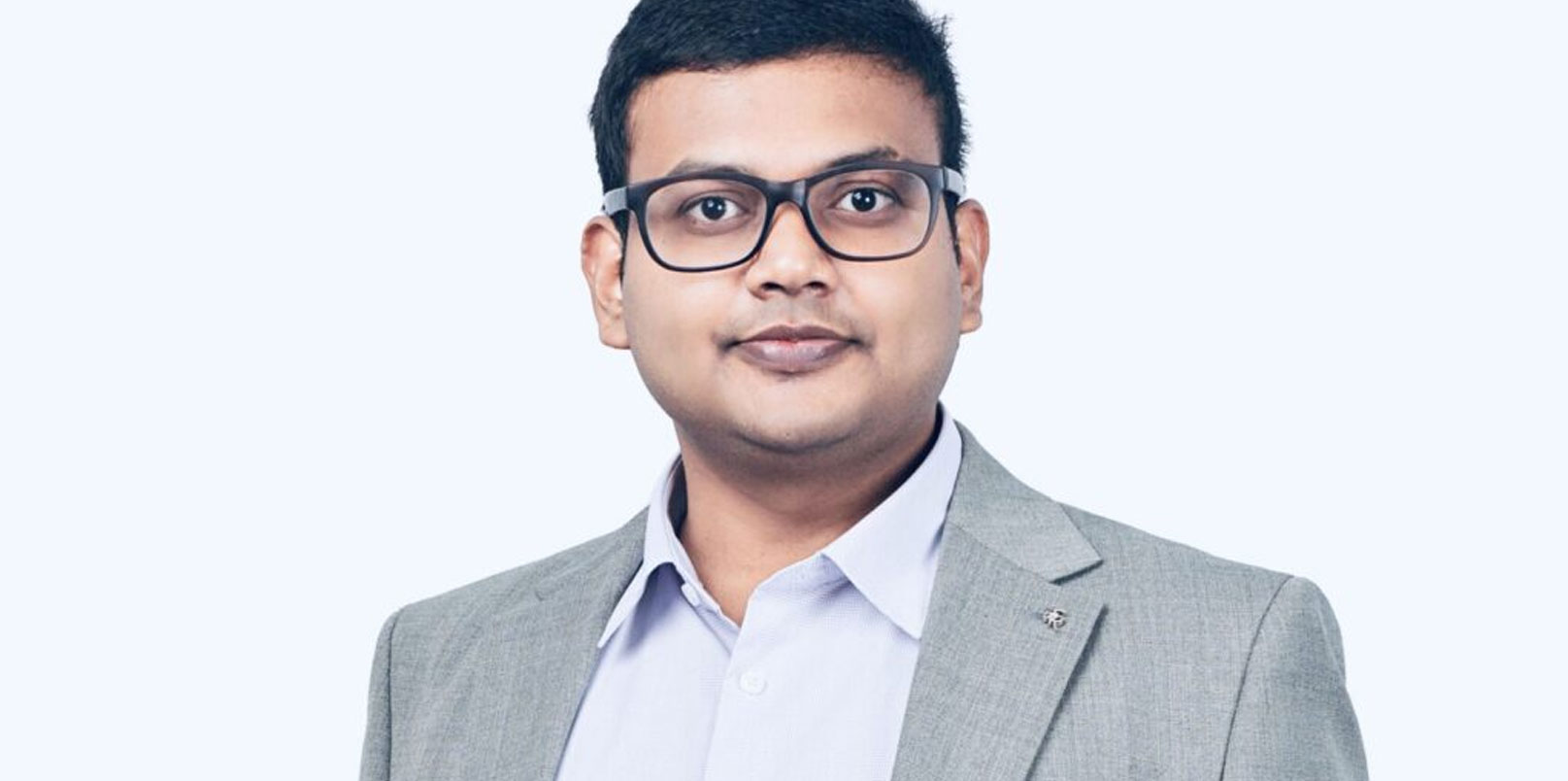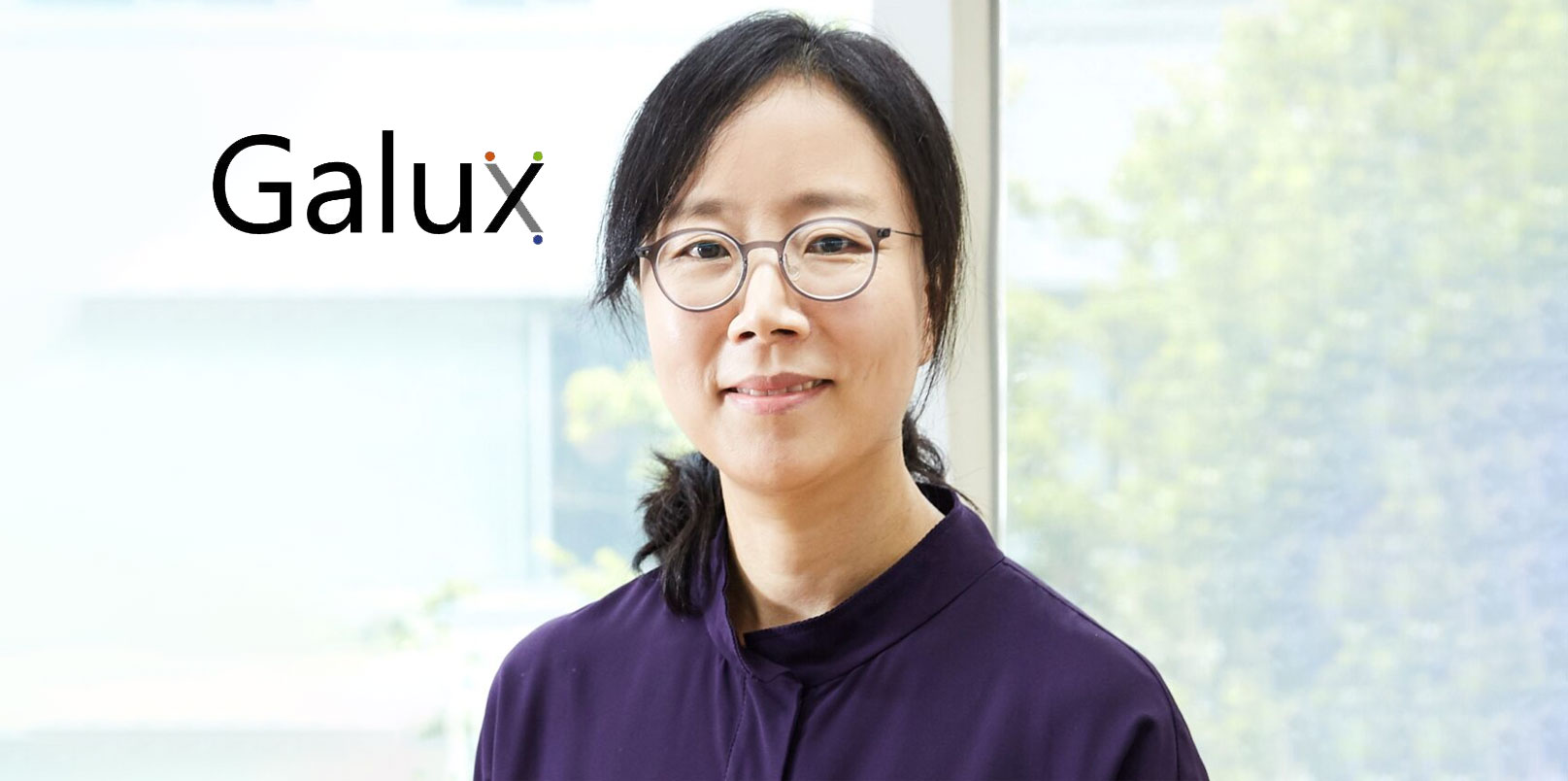At the KoreaTechDesk Virtual Demo Day, Kristian Asani, Senior Associate at Silicon Gardens, shared his journey, investment philosophy, and advice for startups.
Based in Slovenia, Silicon Gardens is the Adria region’s first Founders-for-Founders VC fund, focused on early-stage startups in B2B SaaS, gaming, apps, and marketplaces. Kristian’s passion for supporting entrepreneurs stems from his experience building startups and fostering a tech community over the past decade.
Kristian Asani’s insights offer invaluable guidance for startups, from forming strong teams to cultivating global ambitions. As a mentor and advocate for early-stage entrepreneurs, Kristian’s advice underscores the importance of persistence, adaptability, and focus in achieving lasting success.
Q: Tell us about Silicon Gardens and its journey.
Silicon Gardens started over 10 years ago as a tech community in Slovenia. Back then, venture capital wasn’t widely available in our region. A group of successful tech entrepreneurs came together to create our first fund of 300K EUR, supporting 10 startups. That success led to a second fund of 6M EUR, and last year, we launched a professional 30M EUR fund. Our mission goes beyond providing capital — as ex-entrepreneurs ourselves, we bring hands-on expertise in building and scaling startups.
Q: What are your key criteria for evaluating startups?
As an early-stage investor, the team is our top priority. A great team can pivot and thrive even with an initial idea that may not work. We assess founders’ backgrounds, including their persistence, vision, and experience. Besides that, we look at early product traction and metrics that show genuine customer interest, tailored to whether the startup is B2B or B2C.
Q: Why are you interested in the Korean startup ecosystem?
Korean startups remind me of those from the CEE region — exceptional engineers with innovative technology but perhaps less focus on sales compared to U.S. startups. This similarity makes the Korean ecosystem exciting for collaboration and investment.
Q: How do you compare Korean startups to those in the Adria region? Any advice for Korean startups looking to expand there?
Expanding into a new region requires deep knowledge of the local market and customers. For example, Korean startups aiming to enter the Adria region should consider moving key team members or headquarters closer to the market. Local presence often leads to better insights and connections.
Q: What steps should startups take to become global-ready?
Startups should think globally from day one. Prioritize markets where you can generate the most revenue — often the U.S., as customers there are more willing to pay for subscription models, especially in B2B SaaS. Building a global mindset means focusing on product-market fit in target regions and refining your value proposition to meet those customers’ needs.
Q: How can startups build lasting relationships with investors?
Persistence is key. After initial meetings, keep investors updated with regular emails about your progress. Believe it or not, only about 5% of founders follow up after an intro call. Even if your metrics aren’t stellar, consistent updates show your dedication and growth potential, and that can reignite investor interest.
Q: Any final advice for founders?
Founding teams should have three essential roles covered: a product builder, a sales and scaling expert, and someone to handle finances. Solo founders often struggle, so focus on building a strong team early. Additionally, track critical metrics like retention rates if you’re in the consumer space, and use data-driven decisions to improve them. Start small with two or three key metrics and continuously iterate through A/B testing.
Stay tuned for more learnings from KoreaTechDesk Virtual Demo Day and stories from global mentors like Kristian Asani.
Keep tab on latest news in the Korean startup ecosystem & follow us on LinkedIN, Facebook, and Twitter for more exciting updates and insights






